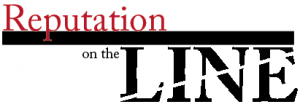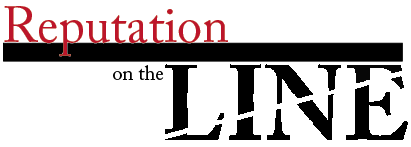We couldn’t possibly jeopardize our reputation with a teacher — the adult that holds power over our grades, our letters of recommendation, our futures. But when we go home, we sit our butts down and complain with our friends about every teacher we despise, turning our social networking highways into private diaries.
 A month ago, when reporter senior Aafreen Mahmood and I wrote an article about a substitute teacher who was charging students for editing papers, the experience was very different than any other reporting experience I had come across.
A month ago, when reporter senior Aafreen Mahmood and I wrote an article about a substitute teacher who was charging students for editing papers, the experience was very different than any other reporting experience I had come across.
El Estoque has written articles on underage drinking, suicide, marijuana usage and fake ID cards. We did not have any trouble getting students to anonymously tell us their stories. On the other hand, while writing this story, Mahmood and I searched left and right to find anonymous sources who would tell us the entire story and let us print their words, even though people were conversing about the situation all throughout Facebook and Tumblr.
We heard the words “off the record” and “don’t quote me on that” more than anything else.
Students were willing to talk about their illegal weekend escapades, but when a grade was at stake, all hell froze over.
It made me wonder: how far are we, as students, willing to risk our reputation to speak about something that matters? What does a teacher have to do for us to give up our hidden identities and step into Principal April Scott’s office and say something? Does anything outweigh the risk of a lowered grade?
With those questions, the El Estoque staff explored this conversation. Ironically enough, our reporters ran into road block after road block trying to find students willing to speak out. Senior Ashley Wu and junior Amelia Yang present the importance of a studentís academic reputation and its effect on student fear as junior Cynthia Mao and junior Alexandria Poh explore the way reputation can change for seniors, ready to leave this school. Senior Jacob Lui and junior Kevin Guo uncovered the administrative perspective to the discussion while senior Daniel Tan and junior Elvin Wong showcase the irony of our Internet commentary with our silenced classroom mouths.
At the end of the day, it is understandable that students sometimes keep a hushed mouth in order to slip on through. That’s what most attracted us to this topic — our silenced voices in a classroom desk compared with our overtly honest cyber lives, and the struggle to write about student voice because students are afraid to speak out.
Thatís the irony we wanted to explore.





